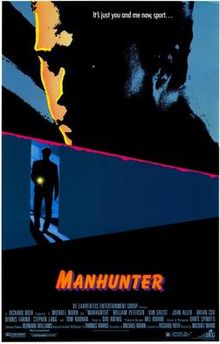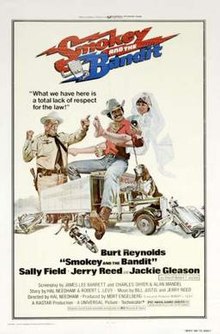
I’m home. I’m really home. In 1946, bigoted, draft-dodging, gold-digging Henry Warren (Michael Caine) and his heiress, land-owning wife Julie Ann (Jane Fonda) are determined to sell their land in rural Georgia to owners of a northern canning plant but the deal rests on selling two adjoining plots as well, one owned by Henry’s cousin, returning veteran Rad McDowell (John Philip Law) and his wife Lou (Faye Dunaway, in her film debut); the other by black farmer Reeve Scott (Robert Hooks) whose prematurely aged and sick mother Rose (Beah Richards) had been Julie’s wet nurse. Neither farmer is interested in selling his land, and they form a dangerous and controversial black and white partnership to strengthen their legal claim to their land, which infuriates Henry. When Rose suddenly dies following a failed intervention by Julie, which she doesn’t admit occurred, Henry tries to persuade his wife to charge Reeve with illegal ownership of his property. Local black teacher Vivian Thurlow (Diahann Carroll) searches the town’s records and uncovers proof that Reeve legally registered the deed to his land. Julie, upset with Henry’s treatment of their mentally challenged six year old son Colie (John Mark), decides to leave him and drops her suit against Reeve. With the help of Ku Klux Klansmen, Henry dynamites the levee above the farms, and tragedy ensues … Certain things are better left to experts. An overripe postwar melodrama that has Message Movie written all over its overacted over-obvious narrative, this was adapted by Thomas C. Ryan and Horton Foote from the 1965 novel by K.B. Gilden (husband and wife writing team Bert and Katya Gilden). Despite the lurid presentation in hotter than thou temperatures with the sun burning up the screen beautifully for cinematographers Loyal Griggs and Milton Krasner it seems undernourished, mainly because the characters are working through some Freudian issues about parenting and it’s told in broad strokes with some performances (like Burgess Meredith as Judge Purcell) bordering on caricature; the presence of Madeleine Sherwood (from Cat on a Hot Tin Roof) as his wife reminds us of that other (superior) Deep South saga of family, sex, mendacity, greed and perversity. Henry’s son is retarded and Rad’s eldest son Charles (Steve Sanders) betrays his father, loyal to his cousin instead – there are no good outcomes for men here. The full-on language and sex scenes, complemented by Caine playing the devil’s horn to get his wife in the mood, don’t entirely achieve the effect a more subtle approach might have yielded for a social issue film. It was shot amid huge hostility in Louisiana due to the race theme. (Locally-born critic Rex Reed appears uncredited as a farmer). Dunaway had to sue director Otto Preminger a huge amount of money to get out of her five-film contract because the two were wholly out of tune with each other. Law does very well here however and he and Fonda would appear together a couple of years later in the notorious Barbarella for her husband Roger Vadim. Do you think the twentieth century will stand still just because you want to hang on to a few little acres?










